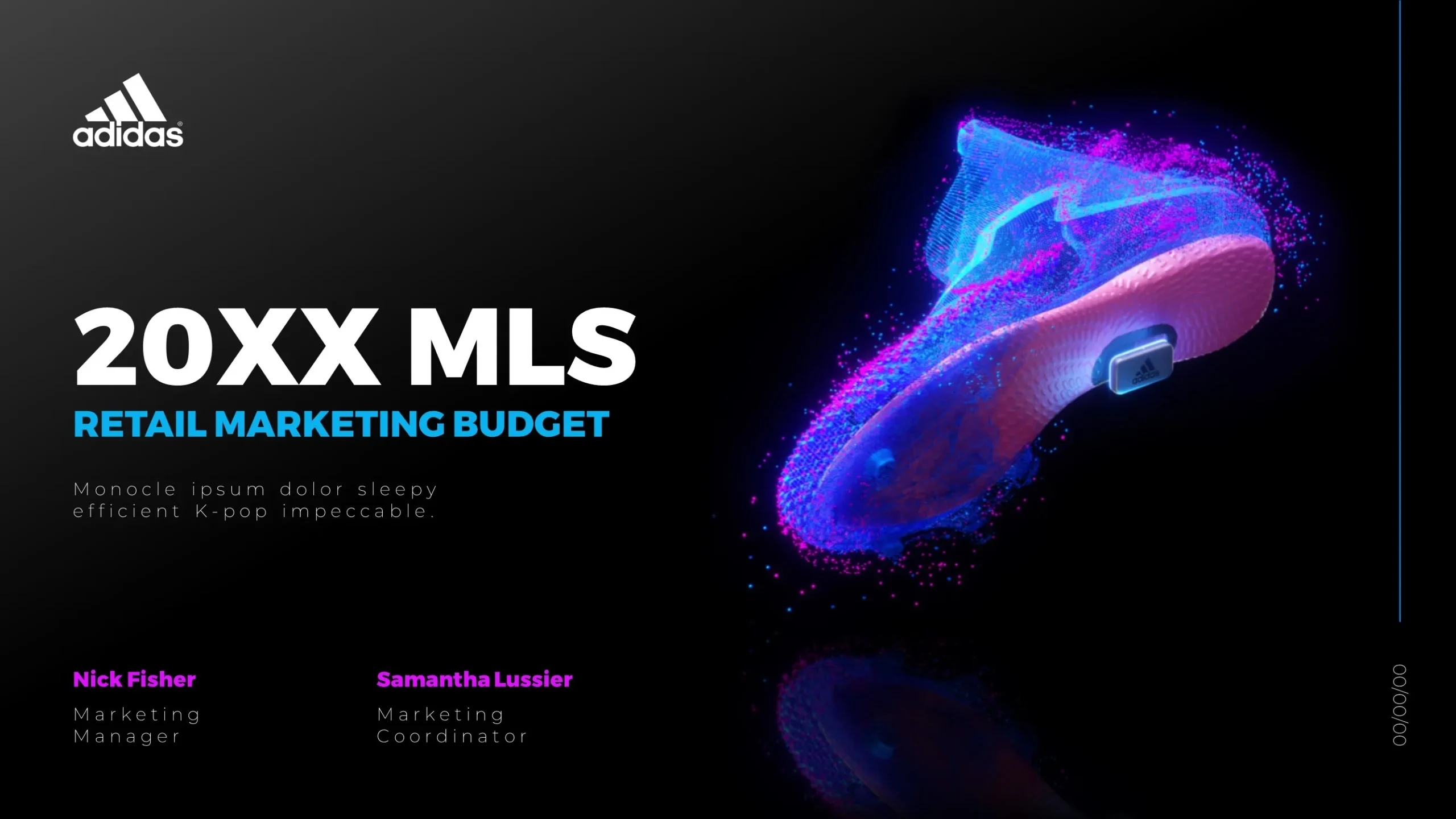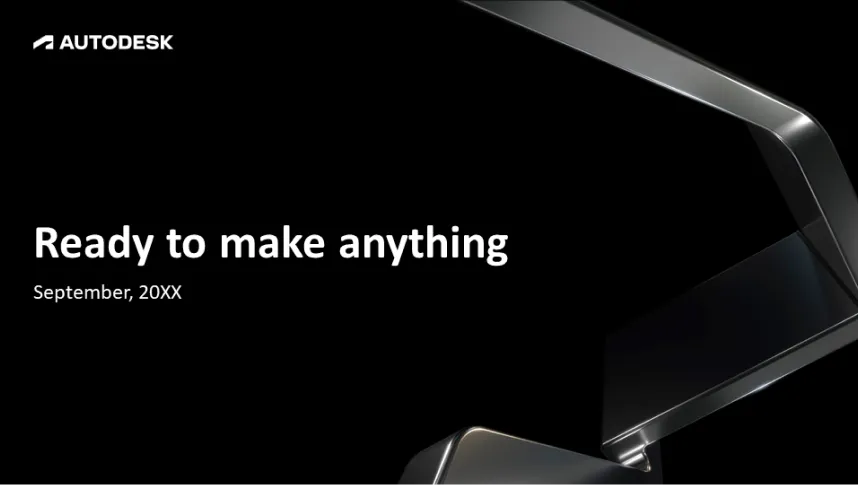Creating a visually appealing timeline in PowerPoint can help effectively convey a sequence of events or milestones in a clear and engaging manner. Here are steps and tips to design an effective timeline:
1. Choose the Right Layout
- Horizontal or Vertical: Decide if a horizontal or vertical timeline best suits your content and presentation style.
- Pre-Designed Templates: Utilize PowerPoint’s pre-designed timeline templates by going to the Insert tab, selecting SmartArt, and choosing a timeline layout.
2. Insert and Customize SmartArt
- SmartArt Graphics: In the Insert tab, click on SmartArt, then select Process from the left-hand menu. Choose a timeline graphic that fits your needs.
- Customization: After inserting the SmartArt, customize it by adding your text and adjusting the colors and styles to match your presentation theme.
3. Use Shapes and Icons
- Shapes: Use the Shapes tool in the Insert tab to manually create a timeline. Draw lines, arrows, and other shapes to represent different points in time.
- Icons: Add icons to represent each milestone. Use PowerPoint’s built-in icon library by selecting Icons from the Insert tab, or import your own.
4. Add Text and Dates
- Milestone Descriptions: Add brief descriptions and dates for each milestone. Keep text concise to maintain readability.
- Text Boxes: Use text boxes to position your descriptions and dates clearly. Ensure text size and font are consistent throughout.
5. Incorporate Visual Elements
- Images: Include relevant images to make the timeline more engaging. Ensure images are high-quality and appropriately sized.
- Colors: Use a consistent color scheme that aligns with your overall presentation design. Highlight key milestones with distinct colors.
6. Animate the Timeline
- Animations: Apply simple animations to elements of your timeline to reveal each milestone sequentially. Use the Animations tab to select effects and set the order of animations.
- Transitions: Use smooth transitions between slides if your timeline spans multiple slides.
7. Review and Refine
- Alignment and Spacing: Ensure all elements are well-aligned and evenly spaced for a clean look.
- Consistency: Maintain consistent design elements such as font, color, and style throughout the timeline.
- Feedback: Get feedback from colleagues or peers to ensure clarity and visual appeal.
Example Steps in PowerPoint:
Insert SmartArt Timeline:
- Go to the Insert tab.
- Click SmartArt.
- Choose a timeline from the Process category.
Customize SmartArt:
- Click on the SmartArt to open the Design and Format tabs.
- Add your text by clicking on each shape and typing.
- Customize colors by selecting Change Colors in the Design tab.
Manually Create a Timeline:
- Go to the Insert tab.
- Select Shapes and draw a line for the timeline.
- Add milestone markers using shapes like circles or rectangles.
- Insert text boxes for dates and descriptions.
Additional Resources:
- SlideGenius: For professional design templates and services.
- Canva: Offers timeline templates and design tools.
- Envato Elements: Provides high-quality PowerPoint templates.
By following these steps and tips, you can create a visually appealing and effective timeline in PowerPoint that enhances your presentation.
View Our Presentation Portfolio










